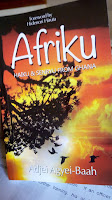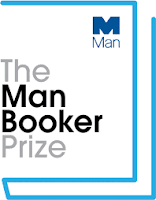Njoroge, Kihika, & Kamiti: Epochs of African Literature, A Reader's Perspective

Source Though Achebe's Things Fall Apart (1958) is often cited and used as the beginning of the modern African novel written in English (the book being the first to receive critical global acclaim), it was not necessarily the first novel published in Africa. Joseph Ephraim Casely Hayford's Ethiopia Unbound: Studies in Race Emancipation , published in 1911, has been cited as, probably, the first African novel written in English. Similarly, Herbert Isaac Ernest Dhlomo's (from South Africa) The Girl who Killed to Save: Nongqawuse the Liberator published in 1935 is regarded as first African Play in English. In any discussion of initiatory works, especially those in relation to literary works, a distinction should be made between writing and publication with the latter being usually the preferred index. And in so far as recognition could be a function of distribution and, consequently, acceptance, it possibly could be that there was an African novel,...




